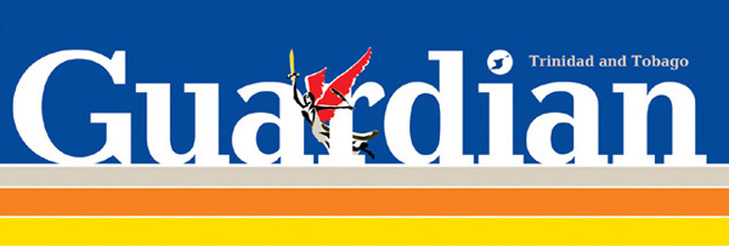In the real tales of pain and fear people share about Chik-V fact and fiction have begun to blur. Conspiracy theories now abound, and merge into other public health threats like Ebola. Some of these conspiracy theories include Chik-V and Ebola as biological weapons of anti-blackness, bred in US laboratories to eradicate black people.
In terms of anti-blackness the conspiracy theory is built on a solid observation: both Chik-V and Ebola are predominantly impacting non-white populations around the world. An observation Dr Orville Taylor at UWI, Mona Campus raised about Chik-V last week, “close to 800,000 Caribbean residents are affected, the bulk of them being in Hispaniola. Maybe no one noticed it, but the majority of persons affected are black.”
As any sociologist will tell you our modern world has historically and structurally denigrated blackness. So when disasters strike it is predominantly the world’s non-white populations who suffer the greatest loses. The high level of destruction and death in the 2010 Haitian earthquake is an example of the consequences of this world of structural racism.
While Dr Taylor’s observation cannot be denied, conspiracy theories of a global race war do not help save lives. Instead as the situation in Sierra Leone demonstrates such narratives mean some will lack trust in their government and the medical personal sent to help them. Those people then do not search out or accept medical treatment and direction, spreading the disease further and wider.
The medical anthropologist Paul Farmer who spent last month in Liberia has a different take on Ebola as a weapon of anti-blackness, and explains this is not “a natural disaster, this is the terrorism of poverty.” For Farmer, if Ebola was “a purely ‘natural’ disaster, the case fatality rate would be the same everywhere. But it’s not. There’s a reason the case fatality rate is 80% in rural Africa and 0% in Americans and Europeans who get out in time and get proper medical care.”
This reason is investment in the robustness of a nations’ health care system. For example there are historical, political and economic reasons why Nigeria’s health care system has dealt with the threat of Ebola relatively successfully and Guinea, Sierra Leone and Liberia are struggling.
In a 2009 piece another anthropologist, Clarence Gravelee, explained the process of how “race”, as a cultural construct with real life consequences, becomes biology. In particular, how social inequalities become embodied in the biological well being of racialised groups and individuals.
Or put another way, racial health disparities have little to do with “race” as an indicator of human biological diversity. Rather it is the social inequalities produced by global political and economic structures that shape the local context of people’s lives and become embodied in individual sickness and suffering.
What these two anthropologists offer are academic explanations – connected to history, socio-economic inequalities and politics – to counter the anti-blackness conspiracy theories surrounding Chik-V and Ebola.
Human beings create narratives to explain what they don’t understand. It is the way of Homo sapiens and it has been since the first origin myths and animism of the earliest hunter-gatherers. Children do it all the time too.
Modern religions are a prime example of such human stories at work today. These stories and narratives should of course not be dismissed as foolishness. More often than not it is in the listening to people, about their narratives and explanations that their tangible concerns begin to emerge.
In the case of Chik-V these include a general lack of information, an explosion in the number of people contracting Chik-V in a short period of time, and a poorly communicated Government action plan and control programme. When citizens do not receive the necessary levels of information from their Governments, misinformation abounds and conspiracy theories fill a gap in making sense of an uncertain world.
The high level of Chik-V cases in Haiti and Jamaica suggest many Caribbean islands do not have healthcare systems to adequately respond to the current public health crisis, or an even more disastrous one. What listening to and breaking down conspiracy theories of anti-blackness reminds us of are the historical reasons for why this is.
As such, as a region it is fundamental we prioritise investment in our healthcare systems. Because when it comes to public health threats, our healthcare systems are not only fighting mosquitos, but also the legacies of an anti-blackness global structure, where inter-nationally, non-white lives suffer more in disasters than white ones.
http://www.guardian.co.tt/columnist/2014-10-12/weapons-anti-blackness

 RSS Feed
RSS Feed